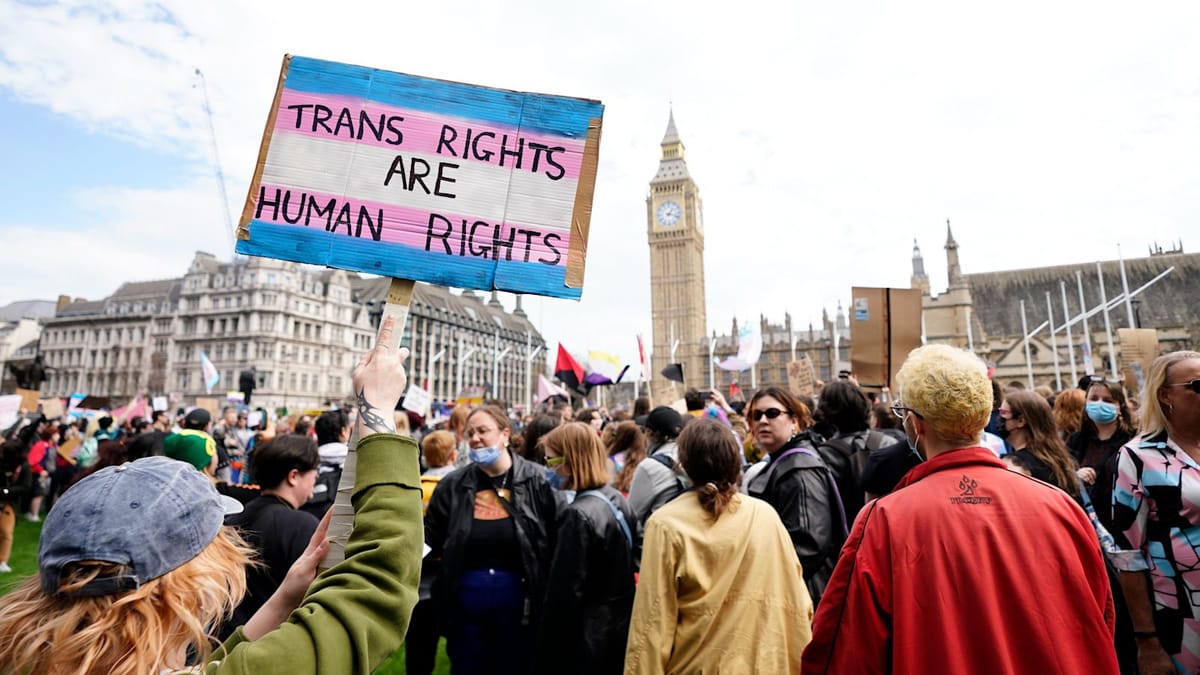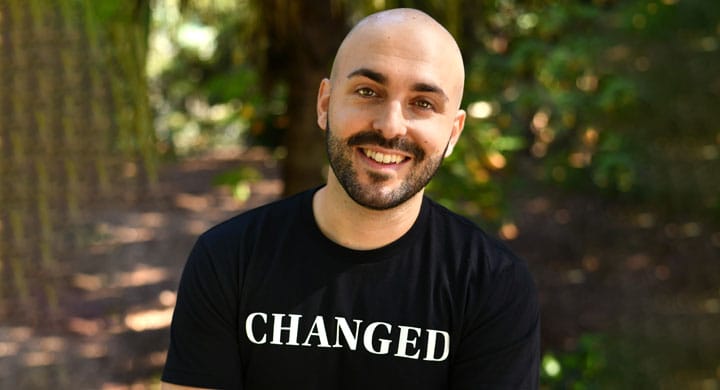Trans man denied Gender Recognition Certificate over attempt to conceive

A trans man has been denied legal recognition of his gender by the Gender Recognition Panel (GRP) after it ruled that his attempt to conceive a child meant he was not “living as a man”. The decision has sparked outrage among human rights advocates and legal experts, who argue it breaches both domestic and international human rights law.
Dr. Jane Hamblin, a former member of the Gender Recognition Panel and now an independent legal consultant on trans rights, called the decision “deeply troubling”: “The Panel appears to be interpreting the law in a way that contradicts both the letter and the spirit of the Gender Recognition Act. Parenthood should never be used as a litmus test for gender identity.”
The case, supported by the Good Law Project, was brought before the High Court this week. The organisation argues that the Panel’s refusal to issue a Gender Recognition Certificate (GRC) is not only discriminatory but also legally unfounded.
“The Gender Recognition Act 2004 was progressive for its time and has never required sterilisation as a condition for legal gender recognition,” said a spokesperson for the Good Law Project. “This decision flies in the face of both the Act and rulings from the European Court of Human Rights, which has consistently held that requiring sterilisation violates trans people’s rights”.
The European Convention on Human Rights, established in the aftermath of the Second World War, was designed to prevent the recurrence of atrocities such as forced sterilisation, which was a hallmark of Nazi eugenics policies. Campaigners argue that denying trans people the right to conceive echoes those dark historical practices.
Jess O’Thomson, the Good Law Project’s Community Outreach Lead, condemned the decision: “Trans people’s rights are being dismantled, and few are willing to speak out. Requiring that a minority not have children reeks of eugenics.”
The legal team representing the claimant includes barrister Gayatri Sarathy of Blackstone Chambers, who appeared before the High Court earlier this week. The outcome of the case is expected to be published in due course, with the judgment anonymised to protect the individual’s identity.
The Good Law Project is calling on the public to support its campaign against what it describes as a growing rollback of trans rights in the UK. “We believe the Gender Recognition Panel has misapplied the law,” the organisation said. “We must challenge these regressive decisions before more harm is done.”
Support independent LGBTQ+ journalism
Scene was founded in Brighton in 1993, at a time when news stories about Pride protests were considered radical. Since then, Scene has remained proudly independent, building a platform for queer voices. Every subscription helps us to report on the stories that matter to LGBTQ+ people across the UK and beyond.
Your support funds our journalists and contributes to Pride Community Foundation’s grant-making and policy work.
Subscribe today




Comments ()